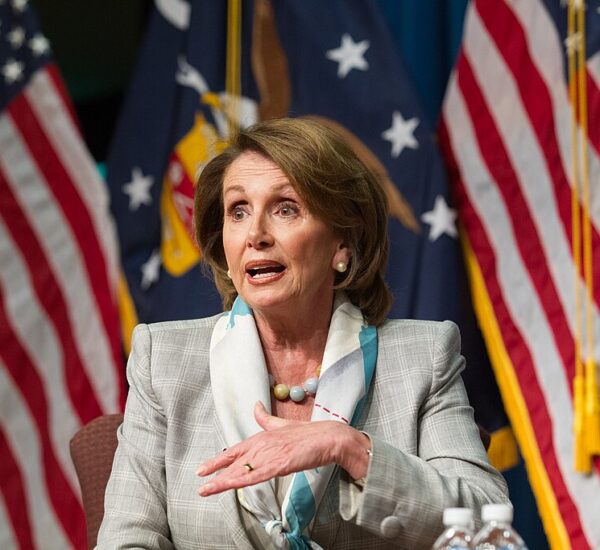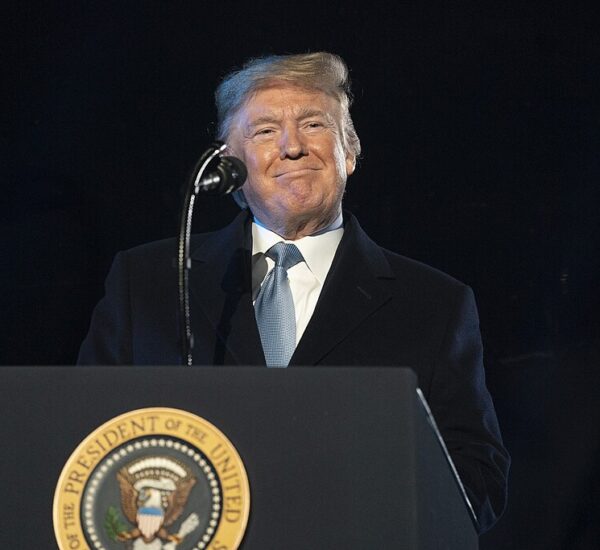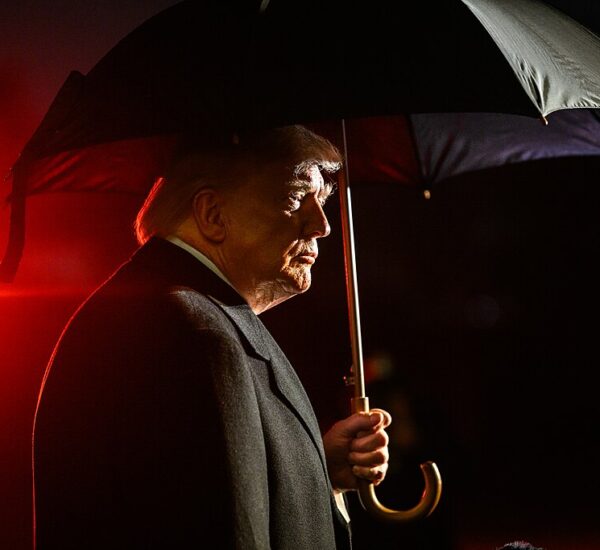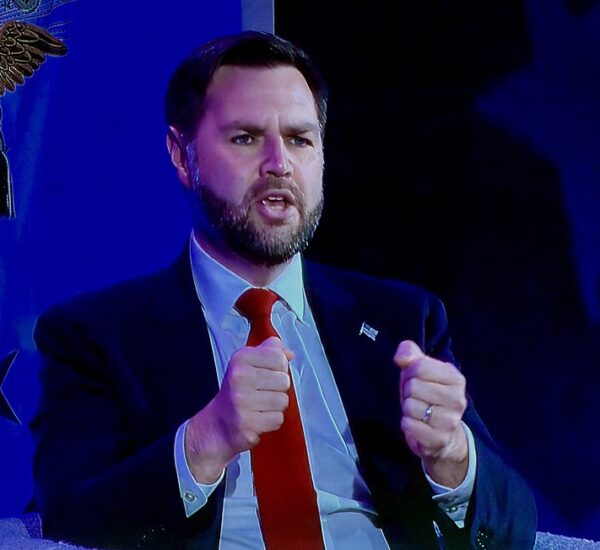Johnson Facing Major Hurdles
Speaker Mike Johnson (R-La.) faces a monumental task in leading the House GOP, particularly with a razor-thin majority and the weight of advancing a bold agenda set by President Donald Trump. Although Johnson was narrowly elected Speaker after a tense vote that saw several Republicans initially withholding support, the challenges he faces in managing his party are far from over.
The House Republican conference remains deeply divided, with a sizable faction demanding significant reforms to both spending and legislative procedures. Around a dozen Republicans, including Rep. Chip Roy (R-Texas), made it clear that their support for Johnson hinged on concrete commitments to cut government spending and foster a more transparent, member-driven legislative process. Roy, who initially opposed Johnson, warned that any repeat of the mishandling of a December short-term spending bill would have serious consequences.
“I think it’s clear that we are not going to accept business as usual,” Roy said, emphasizing that the House GOP must deliver on its promises to the American people.
In response, Speaker Johnson pledged to implement government-reducing reforms and maintain an open process where members can hold him accountable. “We must succeed,” Johnson said after securing the Speakership. “There’s no margin for error, and it will be a bottom-up process.”
Johnson’s top priority now is moving forward with Trump’s legislative agenda, which includes extending tax cuts and addressing border security. However, getting these key measures through the House will require unity in a party where every vote counts. With only a four-seat majority, a single defection could derail critical votes, a fact that Senate Majority Leader John Thune (R-S.D.) made clear when he acknowledged Johnson’s difficult task in such a narrow majority.
Another complicating factor is the looming debt ceiling debate. Trump’s recent push to raise the debt ceiling by $1.5 trillion while coupling it with $2.5 trillion in spending cuts presents a significant challenge for Johnson. Some Republicans, like Rep. Ralph Norman (R-S.C.), have already expressed concerns that the proposed cuts may not go far enough. Norman cautioned that any attempt to simply reduce the rate of increase in government spending would be unacceptable to conservatives.
Rep. Keith Self (R-Texas), who initially opposed Johnson but later threw his support behind him, noted that key members of the House Freedom Caucus would play a critical role in crafting the upcoming reconciliation package. Self said the negotiations were vital to ensure that the Trump agenda moves forward, but he also made it clear that compromises will need to be made in order to unite the party.
Meanwhile, a group of hard-line conservatives, including Roy, sent a letter to Johnson urging him to adhere to fiscal discipline and allow more input from rank-and-file members. This letter is more than just a policy suggestion; it’s a warning shot. With the “motion to vacate” rule now in place, which allows members to oust the Speaker with a small group of dissenters, the pressure on Johnson is real. Rep. Andy Ogles (R-Tenn.), one of the signatories of the letter, made it clear that the motion to vacate serves as a vital tool for holding Johnson accountable. “He’s been given a job. He’s got to go do that job,” Ogles said.
In short, while Mike Johnson’s election as Speaker may have been a hard-fought victory, his work has just begun. The challenges ahead will test his ability to unite the House GOP and navigate the demands of both the Trump agenda and fiscal conservatives. How well he manages these pressures will determine not only his Speakership but the future success of the Republican Party.






